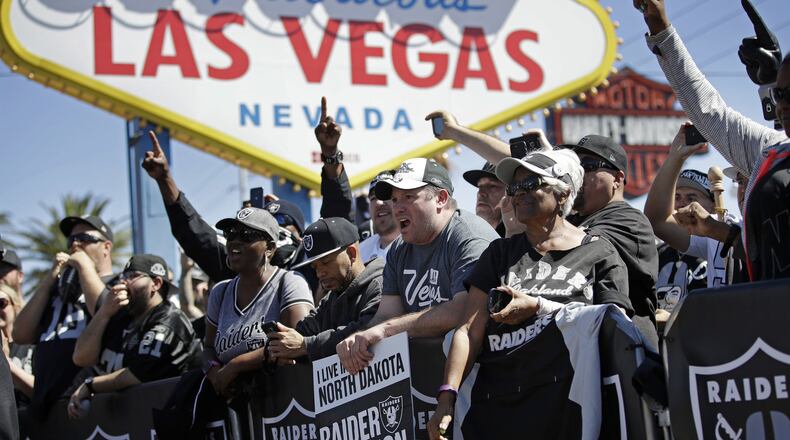I’m an avid sports fan. My love for the Bulldogs and the Braves borders on obsession at times. I’m not suggesting you quit your office Super Bowl pool or don’t fill out your bracket for March Madness in a few weeks. Sports betting among friends is one thing; but there are real problems that arise from legalizing commercial sports betting.
Former Hall of Fame College Football Coach Tom Osborne testified against a sports betting bill in the Nebraska Legislature, saying “Sports betting usually impacts those who can least afford it.” H2 Gambling Capital reports that in 2019 the American consumer lost around $850 million to sports betting and by 2023 it projects sports betting in the United States to generate roughly $5 billion. That’s more than a 500% increase in 4 years. This requires the sports betting industry to target a lot of new customers and many are those Coach Osborne was worried about.
Welfareinfo.org states that Georgia has 1.67 Million residents who are broke and report incomes under the poverty line. Georgia has the 9th-highest poverty rate in the country at 16.9%. For children under 6 that rate is 27%.
In a time of crisis with student loan debt, legalizing sports betting would add one more industry targeting our students and those right out of college. In 2019, student loan debt in the United States rose to over $1.4 trillion. Some 70% of American students graduated with student loan debt and the average loan amount per student eclipsed $30,000. The last thing they need is a casino on their cellphone.
For most people, sports betting may not cause a financial issue. For some, it cripples them and their entire family. In a survey by the University of Massachusetts of nearly 10,000 adults in Massachusetts, sports bettors had higher rates of problem gambling, at 5.7%, and online sports bettor problem gambling was a whopping 18.2% higher than adults who bet at casinos, bought lottery tickets, or made private bets.
While children can’t legally bet, they will be targeted early through online ads. In the UK, which allows commercialized sports gambling:
- Twitter users under 18 who follow popular sports accounts are "bombarded" with online gambling ads, according to The Times of London
- 75% of children as young as 8 could correctly recall a sports betting brand, repeatedly exposing them to harmful messages and ads about sports gambling.
- Researchers found that more than half of 16-year-olds have gambling apps on their smartphones – two years before they are legally allowed to bet.
Professor Samantha Thomas of Monash University in Australia states that new technologies are creating new threats to children. Public health harms associated with gambling include anxiety and stress, disruption of work or study, and relationship conflict and breakdown. Moreover, children become socialized to gambling at an early age. The UK has 340,000 adult problem gamblers and one in eight children 11 to 16 years old follows a gambling company on social media.
Les Bernal, executive director of Stop Predatory Gambling explains, “What separates commercialized gambling from every other business, including those involving vices like alcohol and tobacco, is gambling is a big con game. Citizens are conned into thinking they can win money on games that are designed to get them fleeced in the end. If you pay for a pizza, a ticket to a sporting event, or a glass of wine, that’s what you receive in return. In commercialized gambling, what you receive is the lure you are going to win money. But this financial exchange is mathematically rigged against you.” Les went on to cite an ESPN report that in Australia, a study of accounts at a major bookmaker showed that only 50 of 500,000 accounts were profitable for the gamblers.
According to the publication Online Gambling: Addicted to Addiction, addicted online gamblers are the main source of these companies’ profits. In the United Kingdom, online operators make more than half of their profits from problem gamblers.
The Georgia Legislature has a decision to make this month concerning whether or not to open Georgia citizens up to predatory gambling schemes, designed to take your money. I hope we take Coach Osborne seriously and we help those who can least afford it. Hopefully March Madness will only refer to what happens on the basketball courts.
Adam Pipkin is executive director of Faith and Freedom Coalition of Georgia.
About the Author
Keep Reading
The Latest
Featured


